August 4 - 15, 2025
Q2
SUMMER SCHOOL
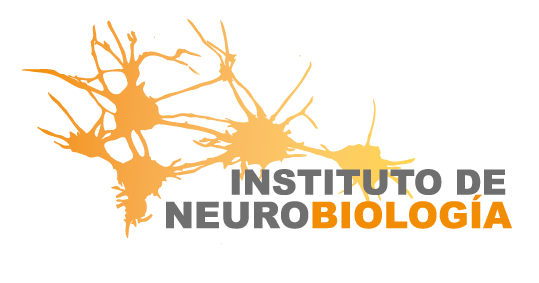
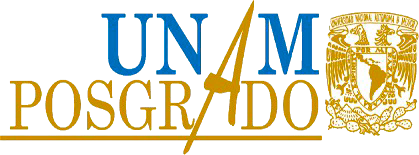

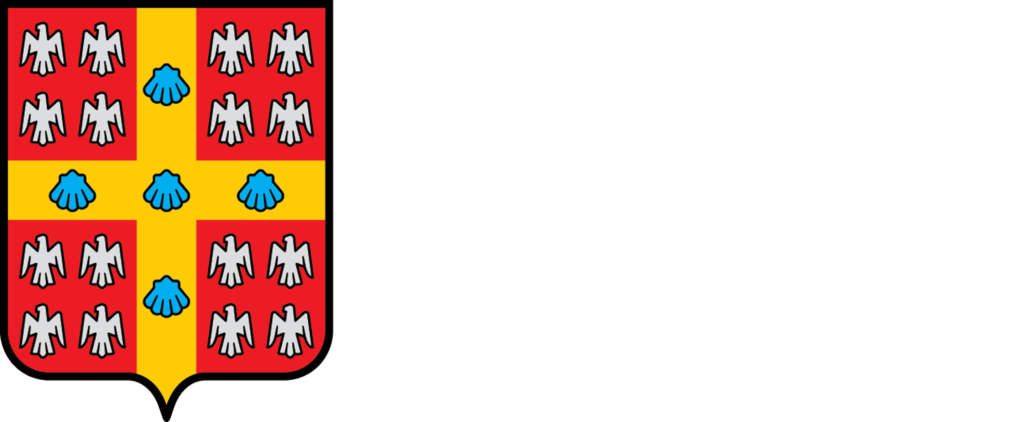


Applications Closed
We have selected the students for the Q2 Summer School and they will be contacted by email. We are very excited to host these future leaders from LATAM, US and Canada
About the school
The school will be divided into microstructure and macrostructure visualization techniques, that include the most common and advanced methods in each topic. The magnetic resonance imaging topics will include small animal and human imaging. It is projected to serve 30 trainees from Latin America and the Caribbean, Canada and the US, where outstanding students will be selected to participate in an onsite advanced two-week training program.

During this time, students will engage in theoretical and practical lectures in each of the themes, delivered by experts in their fields with hands-on training using the latest technology available. Each theme will include lectures on the biophysical principles of imaging modalities, along with one or two practical sessions or demonstrations per topic.
The program’s approach and curriculum were developed with input from a core group of leading scientists from the Institute of Neurobiology. Additionally, the course will cover professional development topics, including manuscript publishing, the responsible use of animals in research, and research ethics and scientific conduct.
This initiative will take place in collaboration with the Federation of Latin American and Caribbean Neuroscience Societies (FALAN), the CERVO Research Center at the University of Laval in Quebec and the Mexican Society of Physiological Sciences. Moreover, the collaboration with FALAN will allow students in Latin America and the Caribbean to access the theoretical talks online on-demand.
The school will take place at the Instituto de Neurobiología at the Universidad Nacional Autónoma de México (UNAM) in Queretaro, Mexico. The language of the school will be English.
Syllabus
WEEK 1
Structural Microscopy
Brightfield Microscopy
- Principles of brightfield microscopy
- Contrast mechanisms
- Samples and slides
Immunohistochemistry and Fluorescence
- Principles of immunocytochemistry
- Immunofluorescence
- The use of confocal microscopy
- Neuronal tracers
- Neuronal track tracers
- (CLARITY) to visualize molecular phenotype in the intact tissue
High Resolution Microscopy
- Super resolution microscopy
- Electron microscopy
- Principles of electron microscopy
- Ultrastructural imaging
Functional Microscopy
In-vivo Microscopy
- Cranial window preparation
- In-vivo microscopy
- In-vivo nonlinear optical microscopy
- Two-photon microscopy
- Advanced nonlinear optical microscopy
Optogenetics
- Principles of optogenetics
- Optogenetic sensors
- In-vivo imaging
- Gene delivery
- DREADDS
WEEK 2
Image Processing
Image Analysis Principles
- Software and tools for image processing
- Advanced techniques
Magnetic Resonance Imaging in Humans and Animals
Principles of MRI
- MRI physics and image generation
- Common sequences in MRI research
- Particularities of rodent MRI
Structural MRI
- Segmentation, volumetric, and surface analysis
Principles of Diffusion MRI
- Diffusion MRI as a tool to peer into the microstructure
Functional MRI
- BOLD-based MRI
- Advanced fMRI methods
Quantitative MRI
Professional Development
- Writing a scientific paper
- How to prepare for a postdoctoral interview
Applications Closed
Application
15 Jan 2025 - 20 Apr 2025 (closed)
We have selected the students for the Q2 Summer School and they will be contacted by email. We are very excited to host these future leaders from LATAM, US and Canada.
The language of the school will be English.
Who can apply to this school? (closed)
- Junior Faculty
- Postdoctoral Fellows
- PhD Students
- Master Students
Student applicants must have had adequate exposure to at least 1 research technique during their graduate studies, and will be expected to have at least 1 publication.
Only students from Latin America and US/Canada regions are eligible to apply for this school.
The school committee will select the students based on the applicant’s CV, motivation letter as well as reference letter.
What costs are covered for participants?
- Travel
- Accommodation
- Local transportation
- School fees
All expenses will be covered by the program for each of the students living, studying or working only in Latin America and the Caribbean. The school does not have a cost, but students in US/Canada will have to cover their own expenses.
Course Organizers
María Teresa Morales Guzmán, PhD
Professor & INB-UNAM Director
School Committe
Abimael González Hernández
PhD
Brenda Anguiano Serrano
PhD
Juan Riesgo Escovar
PhD
Sarael Alcauter Solórzano
PhD
Erick Pasaye Alcaráz
PhD
Maricela Luna Muñoz
PhD
Adan Hernández Cortés
PhD
Gerardo Rojas Piloni
PhD
